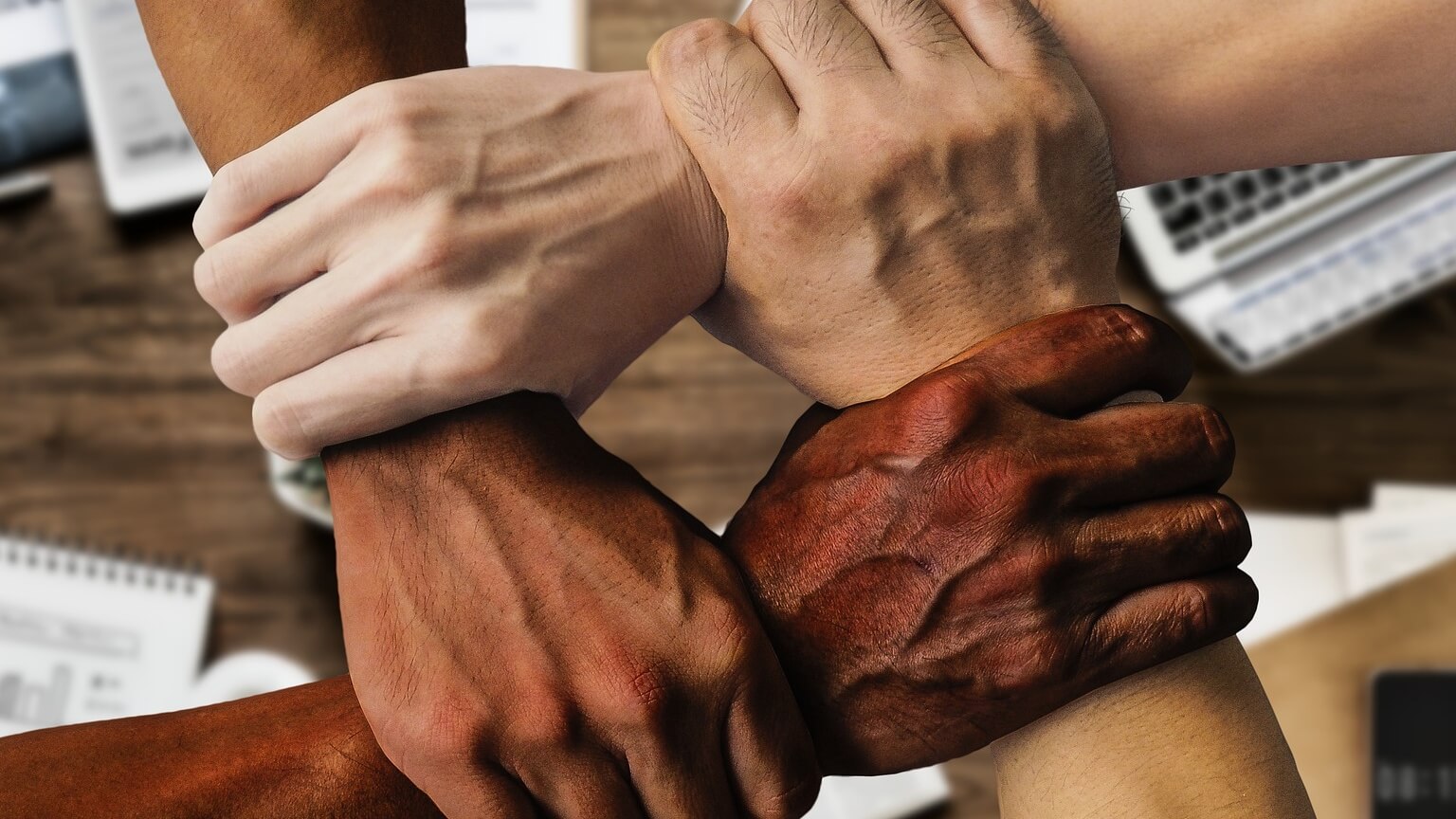As TUM’s strategic partnership initiative articulates: “No single university or country can master today’s scientific challenges on its own.” Working on a local, national, or even regional basis on these matters is no longer enough. That is why the Institute for Ethics in Artificial Intelligence (IEAI) has led the way in the creation of the Responsible AI Network (RAIN)-Africa, joining forces with the Faculty of Electrical and Computer Engineering at Kwame Nkrumah University of Science and Technology (KNUST) in Ghana to provide a platform for cross-regional and interdisciplinary research collaboration and build a network of scholars working on the responsible development and use of AI in Africa.
“It is important to build capacity and bring together like-minded people that can work together in pushing the agenda forward. I think this is what the Responsible AI Network Africa stands for: where we have like-minded intellectuals, like-minded people in AI, working together in various projects. We must look at the ethical use of it within the sub-region so that people are not disadvantaged.”
Prof. Jerry Kponyo
Head of the Quality Assurance and Planning Unit of the Kwame Nkrumah, University of Science and Technology (KNUST), Co-Founder of the RAIN-Africa, and member of the GAIEC
The Responsible AI Network – Africa (RAIN-Africa) was founded in February 2020. Since then, it held four online workshops, plus a kick-off event in Ghana, developed new partnerships with FAIR Forward (GIZ) and the Makerere AI Lab in Uganda, recruited ten country representatives from across Africa, launched its website, and developed its social media networking platforms. RAIN-Africa ended the year by collaborating with Montreal AI Ethics Institute to co-host an event on Perspectives on the Future of Responsible AI in Africa.
“We want to bring together emerging researchers to discuss and build joint projects on the ethical and social challenges arising at the interface of technology and human values, specifically as it relates to Africa’s sustainable development.”
Caitlin Corrigan Ph.D.
Executive Director- Institute for Ethics in Artificial Intelligence, TUM
How can AI help increase productivity and reduce losses in food production? How can we effectively integrate AI Ethics into Computer Science/Engineering programs at African Universities? How is the health sector in Africa benefiting from AI? Twenty-five speakers from 13 countries and more than 150 participants came together, shared their views and expertise and tried to answer these question. The experts also highlighted other important questions, issues and concerns that need to be addressed in order to capitalize upon the opportunities for AI-enabled tools to escalate initiatives for sustainable development on the African continent.

“In order to develop practical and responsible AI-based application with maximum impacts, we need to understand the cultural and socio-economic contexts where these tool are being used in order to reach more people and build relationships that can be further developed.”
Laud Ammah
Research Assistant – Institute for Ethics in Artificial Intelligence, TUM
There is a growing need to understand how Artificial Intelligence may impact or be accepted by society in various regions around the world. There is also a growing community of academics, researchers, scholars, entrepreneurs, and tech leaders from the Global South who need to participate in this discussion.
“RAIN-Africa‘s goal is to become a platform for debate, discussion and cooperation between Africa’s AI stakeholders. Africa cannot and should not be left behind”
Christoph Lütge
Director of the IEAI and Co-founder of the Responsible AI Network – Africa
Given its potential to improve education, health, ecology and standards of living, AI development in Africa, the world’s second-largest and second-most populous continent, must become one of the top priorities. However, this potential must be developed and used by and for Africans in an ethical and responsible way. RAIN-Africa is committed to this direction. In 2021, RAIN-Africa partners will be working on a book project highlighting the need for responsible AI training in higher education, we will launch the RAIN-Africa Research and Data Repository, will continue to host a variety of workshops with experts across the continent and will be strongly represented at the Responsible AI Forum in Munich in December.
Join us!
More information: rainafrica.org and https://www.ieai.sot.tum.de/responsible-ai-in-africa-network/
